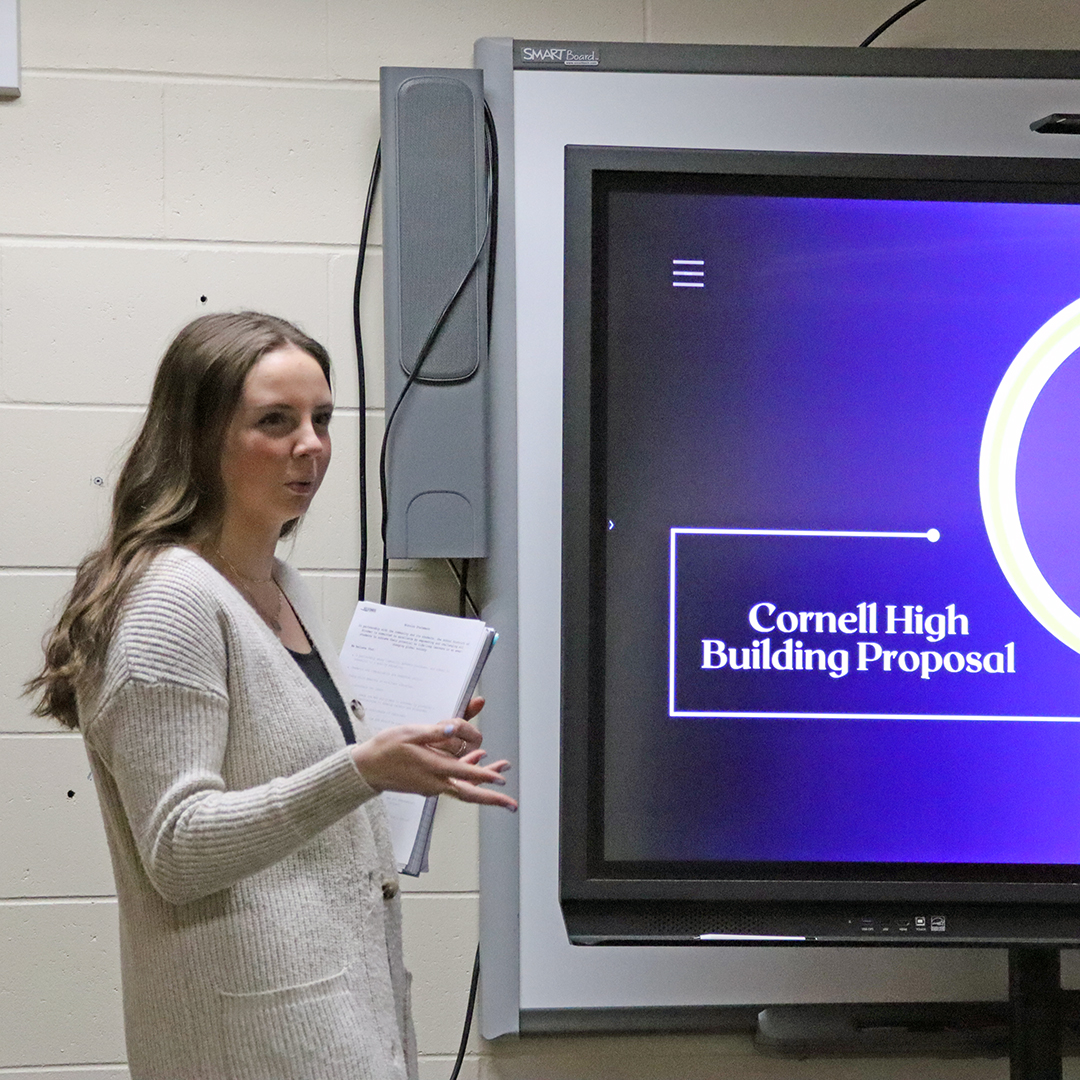Climate and Health Effects
Climate and Health Effects
Planetary health, is the health of the human civilization and the state of the natural systems in which it depends on. Nursing is the most trusted healthcare profession, which is important when considering planetary health. Nurses have the obligation to care for clients and to advocate for the best possible health outcomes, which is why nurses play a huge role in preparing for climate change and its effects on human health.
Climate change and ecosystem impairment, negatively affect human health in one way or another. Many environmental changes cause detrimental health impacts, including disease and death. Climate change directly affects social determinants of health, such as access to food, water, air quality and shelter.
Increased flooding is expected from extreme weather events and changes in precipitation, which can destroy homes of those living near bodies of water, such as oceans, lakes and rivers. Droughts of increased severity and frequency are diminishing food production, and impacting accessibility to water sources needed for food sources.
In the Midwest, specifically, farmers are experiencing crop-damaging heat waves and flooding, as well as an increase in new or persistent pests.
An increase in temperature causes more extreme heat events and causes heat-related illnesses, and death amongst the elderly, children and more vulnerable populations. Air pollutants cause severe health effects and increased exacerbations with those already struggling to breathe, who suffer from asthma and other lung conditions. In addition, as temperatures rise, there is a rise in vector-borne disease, such as Lyme disease, causing harmful short and long-term health effects. All these changes can lead to mental health issues such as anxiety, depression and post-traumatic stress disorder.
Nurses play an important role when it comes to combating these issues and supporting planetary health, especially at the local community level. This is because nurses have the necessary scientific background and communication skills to inform the public about climate change. Nurses also have expertise in health promotion to help individuals, families and communities, plan and prepare to meet health needs, as more events occur from climate changes. Nurses are leaders who can lead local and regional adaptation efforts, by partnering with local decision makers to identify at-risk populations, create emergency plans, and monitor how the health of families and communities are impacted.
Nurses are holistic in their assessments, and have an ethical and moral obligation, to the families and communities which they serve to mobilize, and empower communities to address environmental issues and climate change, and the health consequences.
Planetary health is a broad issue that cannot be addressed by just one individual. Nurses play a huge role in every single solution that addresses the health of the planet. It is crucial that nurses work with communities, to help them realize the impacts the changes in climate have on human health, by advocating for a comprehensive community health plan and response to address climate health issues.
Nurses have a moral and an ethical obligation, to take on leadership and policy roles, to advocate for the mitigation of climate change and its negative health effects. Nurses have a social contract to provide care and lead toward achieving the optimal health outcomes for patients, whether it be one individual, a family, a community or a whole population, as our lives and our health depends upon this planet’s health.





